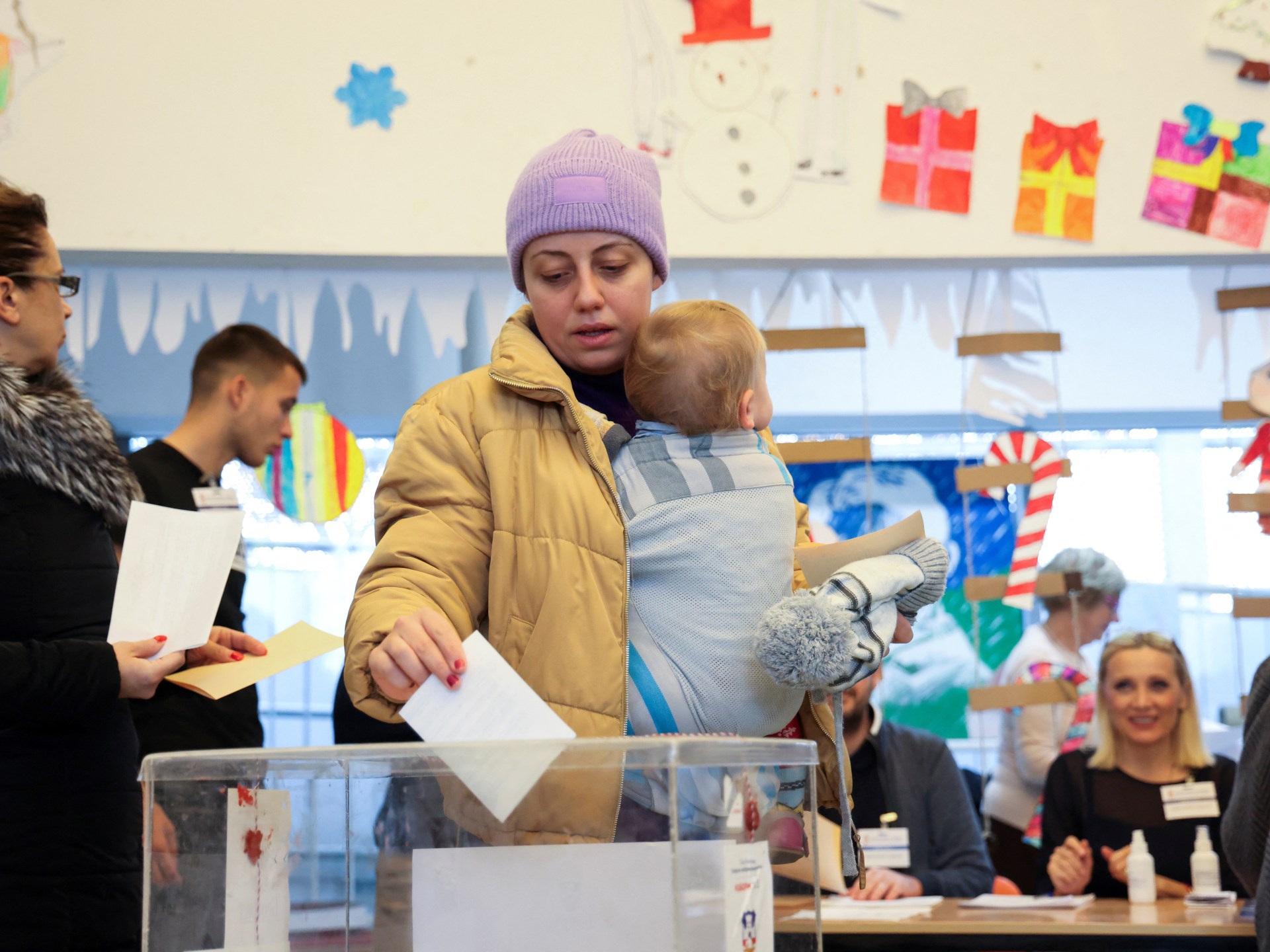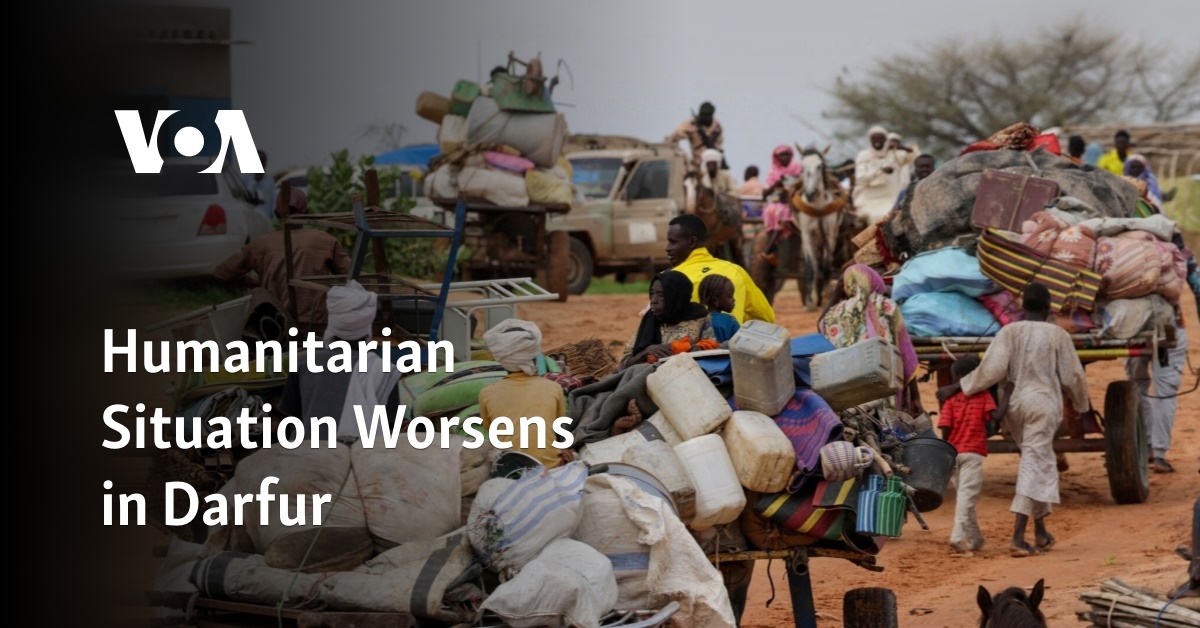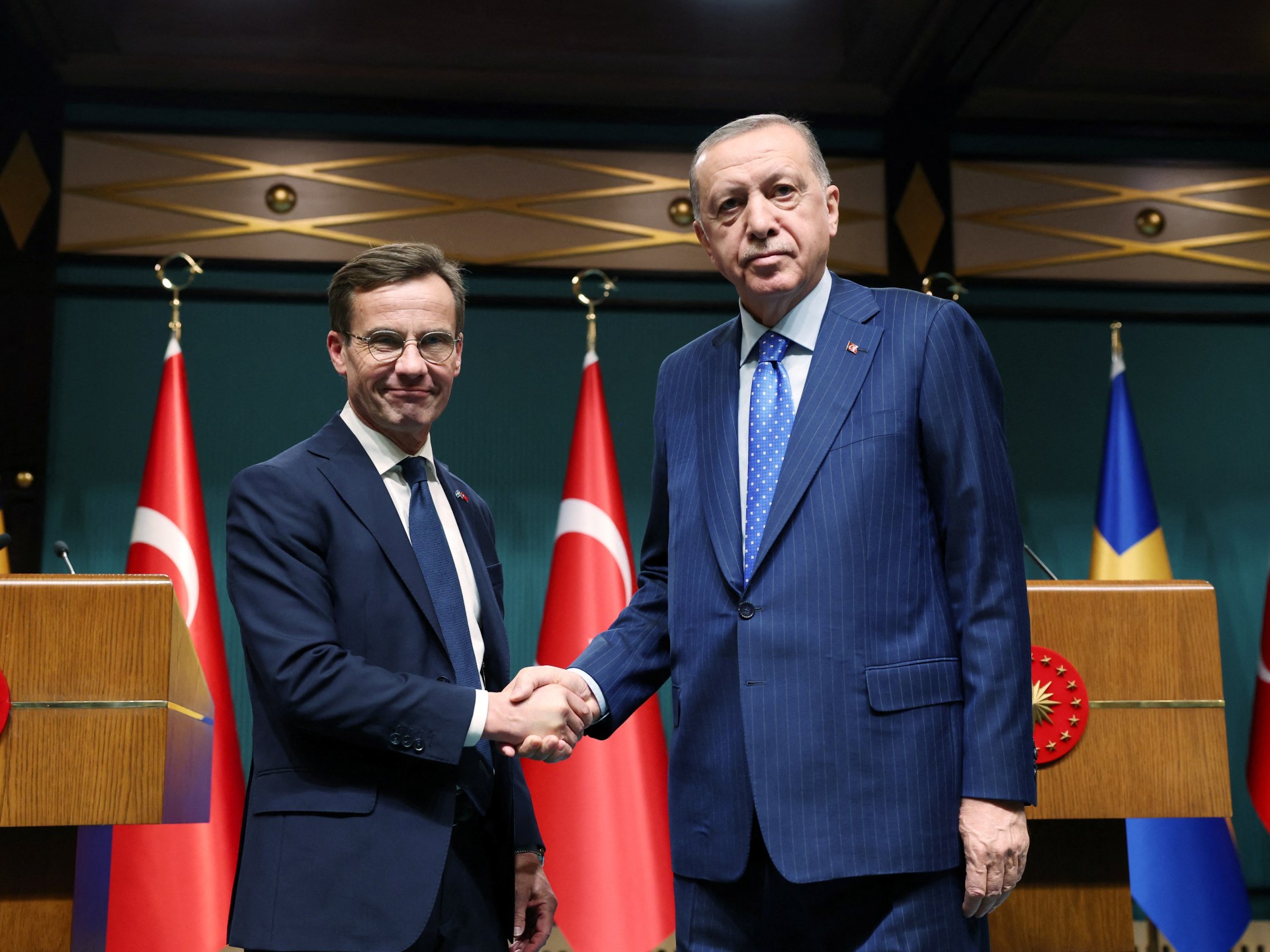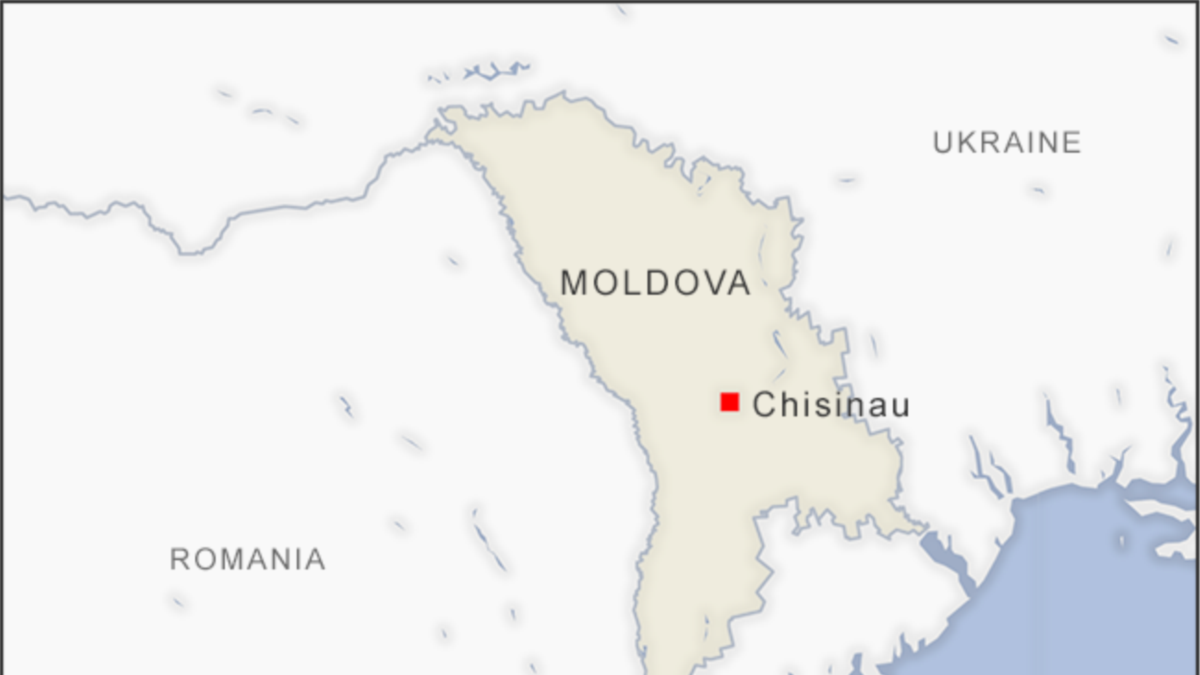
Although President Aleksandar Vucic is not taking part in the vote, the contest is seen as a referendum on his government.
Serbs have begun taking part in parliamentary and local elections that will test the strength of the country’s ruling party amid unrest over high inflation, corruption and gun violence.
The early elections announced last monthwill appoint a new government for the 250-seat Serbian parliament and elect local councilors in most municipalities.
President Aleksandar Vucic’s ruling right-wing Serbian Progressive Party (SPS), which has been ahead by double digits in recent opinion polls, is widely expected to retain its hold on parliament.
However, the party faces difficult local elections in the capital Belgrade, particularly with a loose coalition of opposition parties and candidates running under the banner of “Serbia Against Violence.”
Although Vucic is not taking part in the election, the campaign is largely seen as a referendum on his government and rule.
“Serbia against violence”
Vucic and his SPS party have been thrown into disarray this year Protests against the government That brought hundreds of thousands to the streets and led to the creation of the Serbia Against Violence alliance, which challenged his party’s rule.
The demonstrations were first sparked by back-to-back mass shootings in May that killed 18 people, including nine children.
However, they quickly morphed into broader anti-government rallies, with critics expressing anger over rising inflation and perceived corruption in the government.
Vucic has repeatedly dismissed his critics and the protests as a foreign conspiracy and warned that Serbia would be directionless without his leadership.
“It’s not about me leaving power, it’s about them destroying everything,” he told his supporters at a recent rally.
“It would take us 20 years to fix everything… That’s why we’ll beat them more convincingly than ever.”
Wall to wall coverage
Vucic was omnipresent in the run-up to Sunday’s vote – seen on billboards and skyscrapers and the focus of extensive news network coverage.
To soften the harsh edges of rising prices in the run-up to the election, Vucic unleashed a flood of government spending – boosting pensions and handing out cash to the elderly.
The president has also promised to double average monthly salaries in the coming years while increasing pensions.
Vucic has used his more than decade in office to consolidate control of the levers of power, including de facto control of the media.
Opposition parties and human rights activists accuse Vucic and the SNS of bribery of voters, restrictions on media freedom, violence against opponents, corruption and connections to organized crime. He and his allies deny these allegations.
The contest comes less than two years after the last round of presidential and parliamentary elections, in which Vucic and the SNS consolidated their power.
Serbia’s next government will have to overcome a number of challenges at home and abroad, particularly with regard to membership of the European Union.
How it goes on Accession discussionsThe EU is pushing Serbia to normalize relations with Kosovo, its former predominantly Albanian province that declared independence in 2008, and impose sanctions on Russia. At home, Serbia is being asked to eradicate corruption and organized crime and to liberalize its economy.






Recent Comments